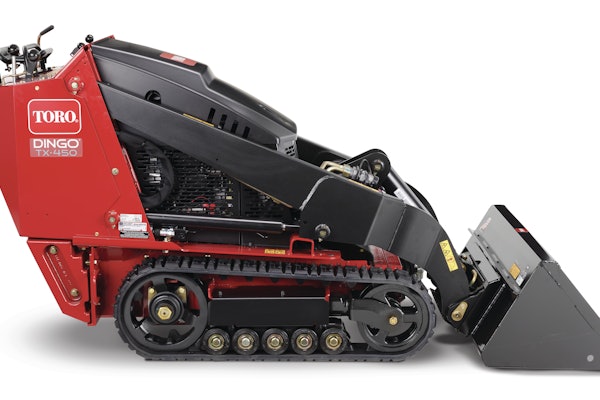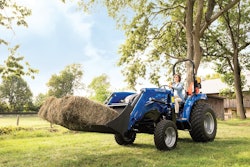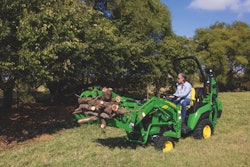I recently read an article in The Wall Street Journal reporting how Mike Rowe, the amiable, really-good-sport host of the television show “Dirty Jobs,” wants to “restore the luster to Labor Day.” For those readers who don’t know the show’s premise, Rowe makes a comfortable living out of doing other people’s jobs for a day. From dog food maker to elevator shaft cleaner to maggot farmer, there’s hardly a dirty job the man has not tried. Rowe has joined industrial-supplies giant Grainger to set up a Web site(www.mikeroweWORKS.com) aimed at the millions of Americans pursuing blue-collar careers.
In an entry on his Web site, Rowe proposes: “We’ve convinced ourselves that ‘good jobs’ are the result of a four-year degree. That’s bunk. Not all knowledge comes from college. Skill is back in demand. Steel-toed boots are back in fashion.”
When I was starting out in the landscape industry a scant 17 years ago, Hispanics were common in seasonal agricultural work in the eastern United States, but were rarely found on landscape crews. The companies I knew used an ever-dwindling supply of high school and college kids who needed part-time and summer work. Many permanent workers had dropped out of school and were looking to make a career of landscaping.
For decades, parents have been drilling it into their children to get educated and avoid blue-collar work. It may come as a shock to parents out there, but it seems they actually listened, although it only took 50 years or so to sink in. I don’t know where kids are working these days, but it’s not in the landscape industry. Starbucks, maybe? Actually, I heard on National Public Radio that a lot of college students are enjoying their comfortable socio-economic status and opting for unpaid internships in hopes of getting a foot in the door of a white-collar job. In this poor economy, companies can easily take advantage of a plentiful supply of job-seekers.
The owner of a Colorado landscape company recently told me she could not keep workers for snow removal even though she was paying $25 per hour. Granted, snow removal work is particularly unreliable, but if I were a college kid in Colorado, I think I might find a way to get my schoolwork done and plow a little snow on the side.
Plenty of evidence suggests a college grad will make more money and enjoy greater job security than a high school grad, but there are also plenty of success stories that did not begin in the ivory towers of America’s colleges. Many of our TLC Landscaper of the Year finalists began as kids with a mower and a pick up truck and found success without a college degree. One of them left college to develop his burgeoning landscape business (against parental advice, of course) and he now manages 135 employees. There are still plenty of jobs that don’t require college but pay wages above the national average. The catch is candidates need to upgrade their skills through community college courses, on-the-job training, professional organizations, public gardening programs, certification programs and apprentice programs, some of which Rowe highlights. Other life skills such as communication, persistence, punctuality and reliability need to be taught when we’re children, but also can be learned while installing irrigation, planting shrubs and laying sod.
If you’re the owner of a landscape business, consider mentoring a blue-collar wannabe and helping them gain the skills and education to better themselves now, your company tomorrow, and the world on down the road.






